In an era where environmental consciousness is not just appreciated but essential, gardening offers a unique opportunity to connect with the earth in a way that nurtures both our homes and the planet. Eco-friendly gardening practices go beyond mere cultivation of plants; they embody a philosophy of sustainability, conservation, and harmony with nature. Whether you’re a seasoned green thumb or a budding gardener, integrating composting, water conservation, and organic pest control into your gardening routine can significantly reduce your ecological footprint while enhancing the vitality of your garden. This guide will walk you through the essential steps to cultivate a thriving, sustainable garden, providing a sanctuary for you and a haven for biodiversity.
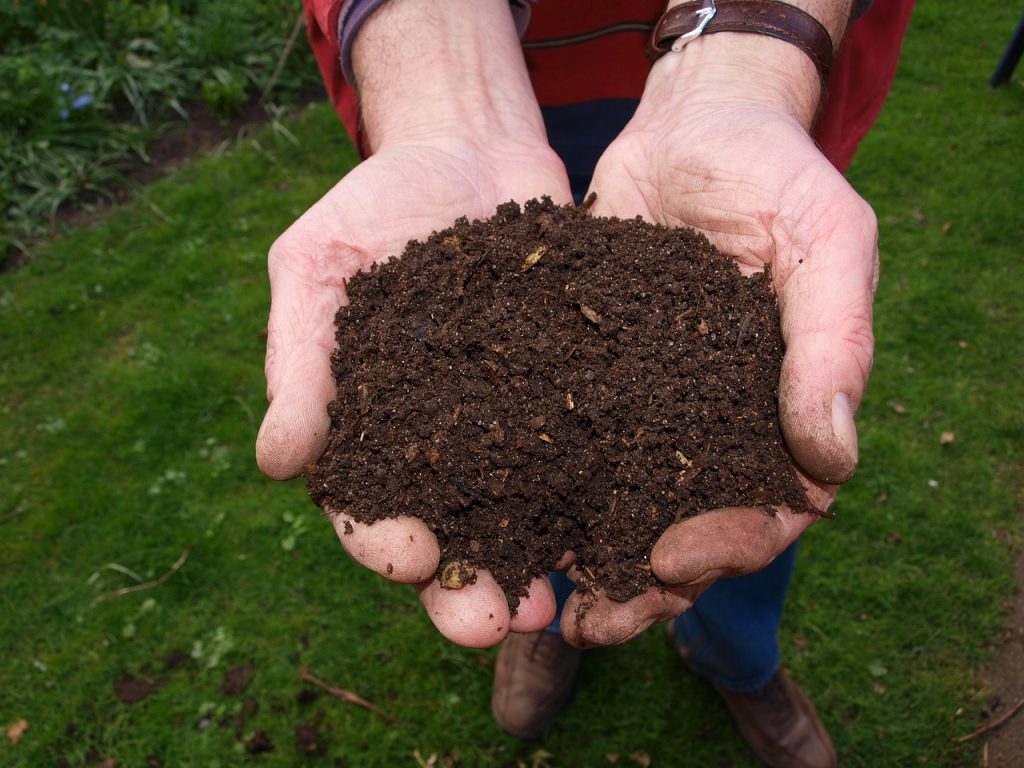
The Heart of Sustainable Gardening: Composting
Composting is the cornerstone of eco-friendly gardening, transforming kitchen scraps and yard waste into gold for your garden. This natural process recycles organic material, preventing it from ending up in landfills where it would release methane, a potent greenhouse gas.
1. Starting Your Compost Pile: Begin with a simple bin or designated spot in your garden. Layer green materials like vegetable peels and grass clippings with brown materials such as dried leaves and twigs. Ensure adequate moisture and turn the pile regularly to introduce oxygen, which speeds up decomposition.
2. Benefits for Your Garden: Compost enriches the soil, providing plants with essential nutrients, improving soil structure, and enhancing moisture retention. It’s a natural, powerful fertilizer that reduces the need for chemical alternatives.
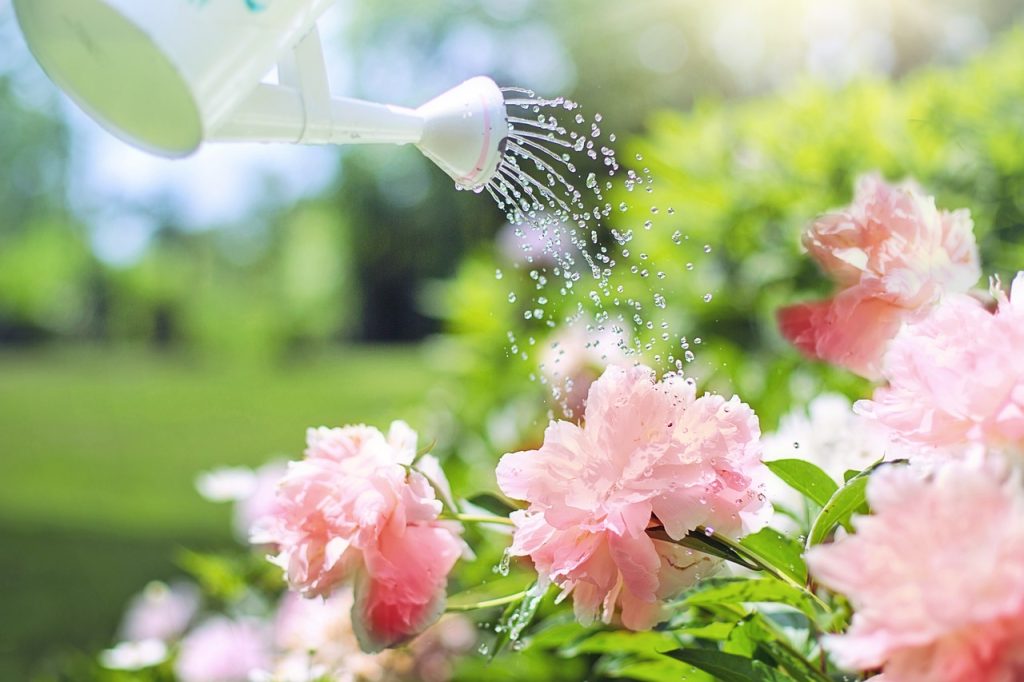
Water Wise: Conservation Techniques
Water is a precious resource, and conserving it is a critical aspect of sustainable gardening. By employing efficient watering techniques and designing your garden with water conservation in mind, you can significantly reduce waste.
1. Drip Irrigation and Soaker Hoses: These systems deliver water directly to the base of plants, minimizing evaporation and runoff. They’re more efficient than sprinklers, ensuring that water goes exactly where it’s needed.
2. Rainwater Harvesting: Collecting rainwater in barrels or tanks provides an eco-friendly water source for your garden. It’s a simple, effective way to reduce your municipal water use and can be used for watering plants, washing tools, or even irrigation if set up with a pump.
3. Mulching: Applying a layer of mulch around your plants helps retain soil moisture, reducing the need for frequent watering. Organic mulches, such as straw or wood chips, also contribute to soil health as they decompose.
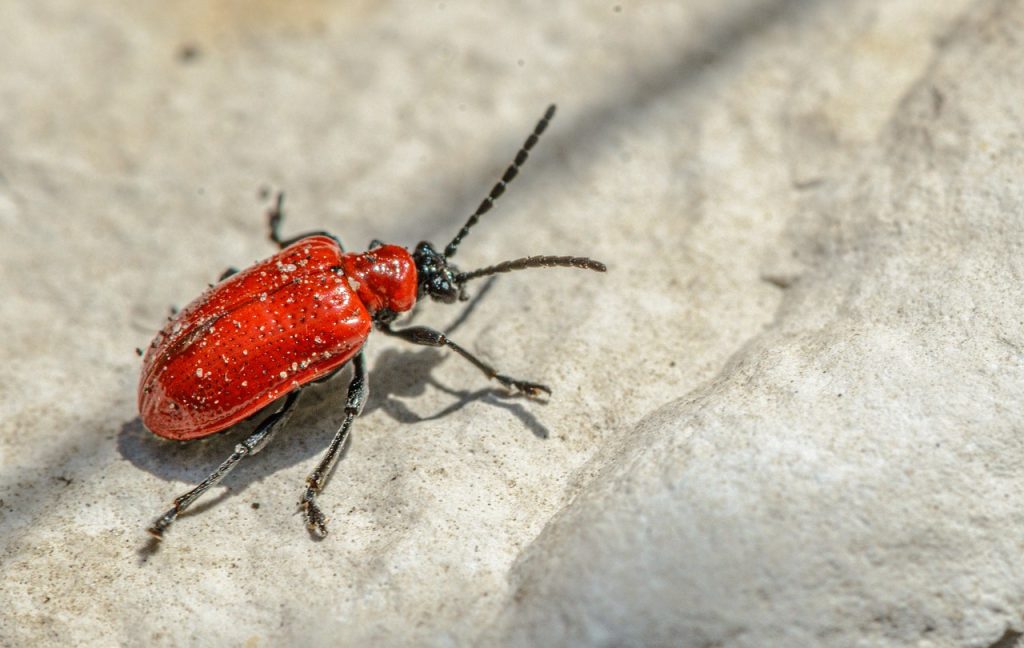
Organic Pest Control: Nature’s Way
Pesticides can have detrimental effects on the environment, killing beneficial insects and contaminating soil and water. Organic pest control methods offer a safer alternative, focusing on prevention and natural remedies.
1. Companion Planting: Certain plants can repel pests naturally when planted alongside your main crops. For example, marigolds deter nematodes and basil repels mosquitoes and flies. This method not only minimizes pests but also enhances garden biodiversity.
2. Beneficial Insects: Encouraging insects like ladybugs, lacewings, and praying mantises helps control pest populations naturally. These predators feed on common garden pests, maintaining a healthy balance in your garden’s ecosystem.
3. Natural Remedies: For targeted pest control, consider homemade or organic solutions. Neem oil, diatomaceous earth, and insecticidal soaps are effective against a variety of pests and are less harmful to the environment than synthetic pesticides.
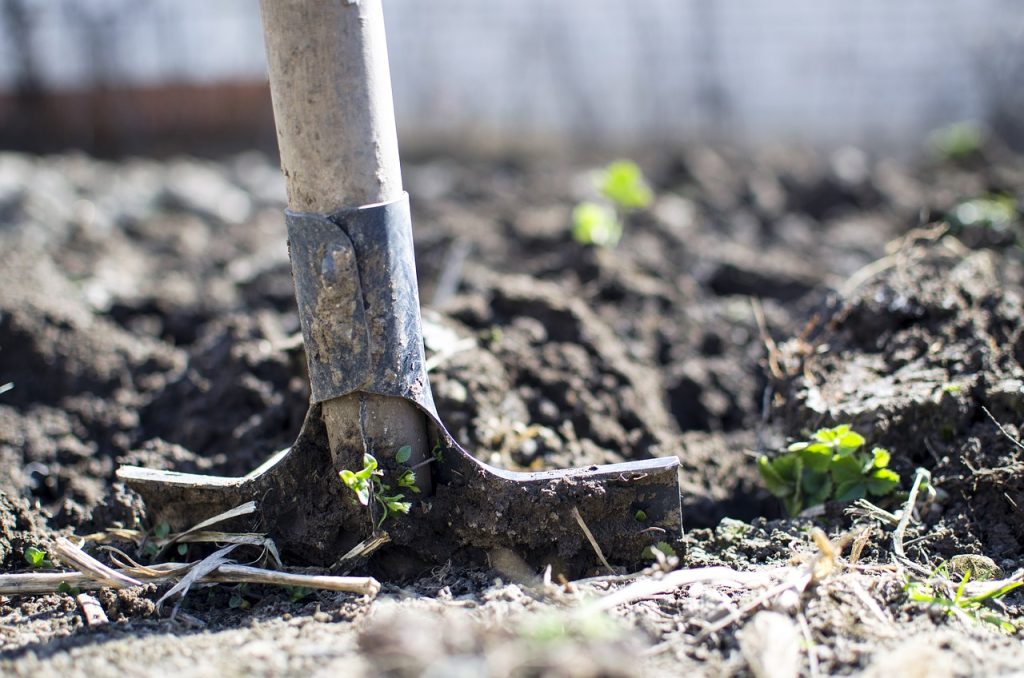
Building a Foundation: Soil Health
Healthy soil is the foundation of a thriving garden. It supports plant health, aids in water conservation, and can even sequester carbon, helping to mitigate climate change.
1. No-Till Gardening: Tilling disturbs the soil structure, disrupts microbial life, and leads to erosion and loss of organic matter. Adopting a no-till approach maintains soil integrity, encourages biodiversity, and improves water retention.
2. Cover Crops: Planting cover crops, such as clover or vetch, in the off-season can protect and enrich the soil. They prevent erosion, enhance soil fertility, and can be turned into the soil as green manure before planting season.
3. Natural Fertilizers: Opt for organic fertilizers, such as compost, manure, or bone meal, to nourish your plants. These options release nutrients slowly, are less likely to leach into waterways, and support soil microbes.
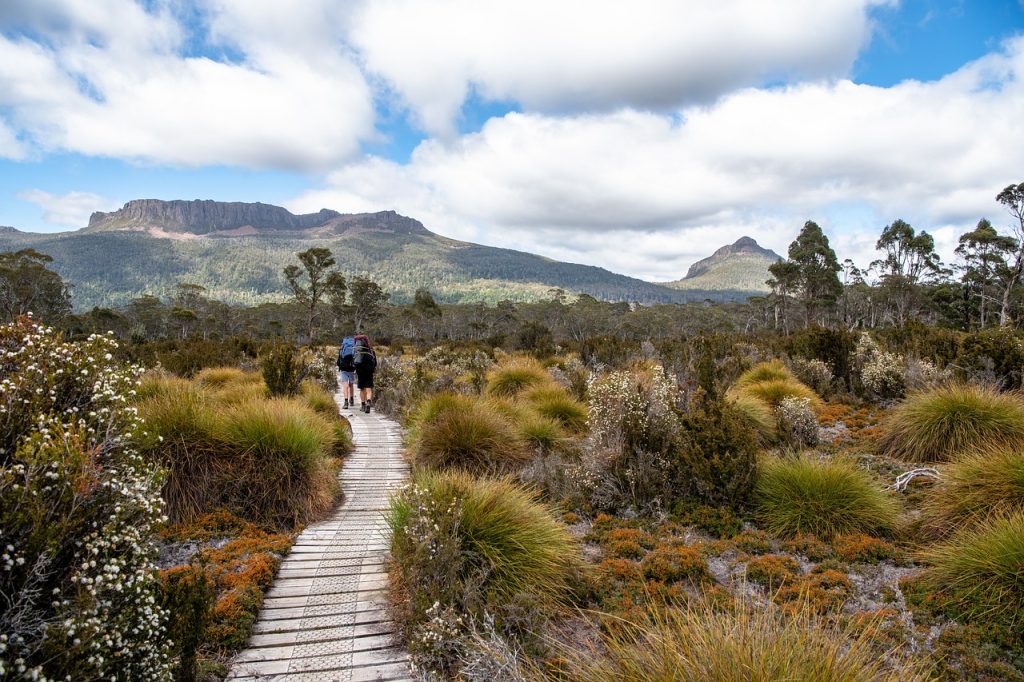
Cultivating Biodiversity: Plant Diversity
A diverse garden supports a healthy ecosystem, attracting beneficial pollinators and predators that keep harmful pests in check. It also provides resilience against diseases and changing climate conditions.
1. Native Plants: Choosing plants native to your area supports local wildlife and requires less water and maintenance. Native plants offer essential habitats for birds, bees, and butterflies, promoting a balanced ecosystem.
2. Pollinator-Friendly Gardens: Incorporating flowers and plants that attract pollinators ensures the health of your garden and the broader environment. Lavender, bee balm, and sunflowers are excellent choices for attracting bees and butterflies.
3. Crop Rotation: Rotating crops each year in vegetable gardens can prevent soil depletion and reduce pest and disease buildup. This practice keeps the soil healthy and productive, supporting a sustainable gardening approach.
Conclusion: A Greener Tomorrow Starts Today
Eco-friendly gardening is more than a collection of practices; it’s a philosophy that aligns our gardening passion with the greater good of the planet. By adopting composting, water conservation, organic pest control, and focusing on soil health and biodiversity, we not only cultivate beautiful gardens but also contribute to a healthier, more sustainable world. These practices empower us to garden in harmony with nature, creating spaces that nourish both the earth and our souls. As we continue to explore and implement sustainable gardening techniques, we sow the seeds for a greener, more vibrant tomorrow.



